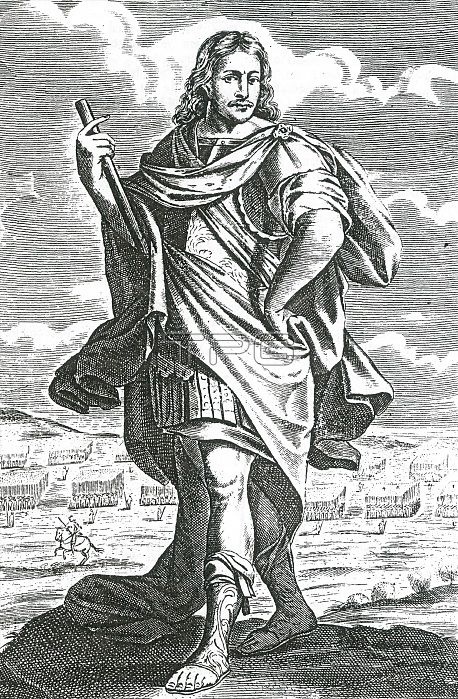
Xenophon of Athens (430 - 354 BC) was a Greek historian, soldier, mercenary, and student of Socrates. While not referred to as a philosopher by his contemporaries, his status as such is now a topic of debate. He is known for writing about the history of his own times, the late 5th and early 4th centuries BC, especially for his account of the final years of the Peloponnesian War. Other than Plato, Xenophon is the foremost authority on Socrates, having learned under the great philosopher while a young man. He wrote several Socratic dialogues, including an Apology concerning the events of his trial and death. Xenophon's works cover a wide range of genres and are written in very uncomplicated Attic Greek. His works are among the first that many students of Ancient Greek translate on account of the straightforward and succinct nature of his prose. His standing as a political philosopher has been defended in recent times by Leo Strauss, who devoted a considerable part of his philosophic analysis to the works of Xenophon, returning to the high judgment of Xenophon as a thinker expressed by Shaftesbury, Winckelmann, Machiavelli and John Adams. Engraving from "The History of Philosophy" by Thomas Stanley published in three successive volumes between 1655 and 1661.
| px | px | dpi | = | cm | x | cm | = | MB |
Details
Creative#:
TOP22152976
Source:
達志影像
Authorization Type:
RM
Release Information:
須由TPG 完整授權
Model Release:
N/A
Property Release:
No
Right to Privacy:
No
Same folder images:

 Loading
Loading